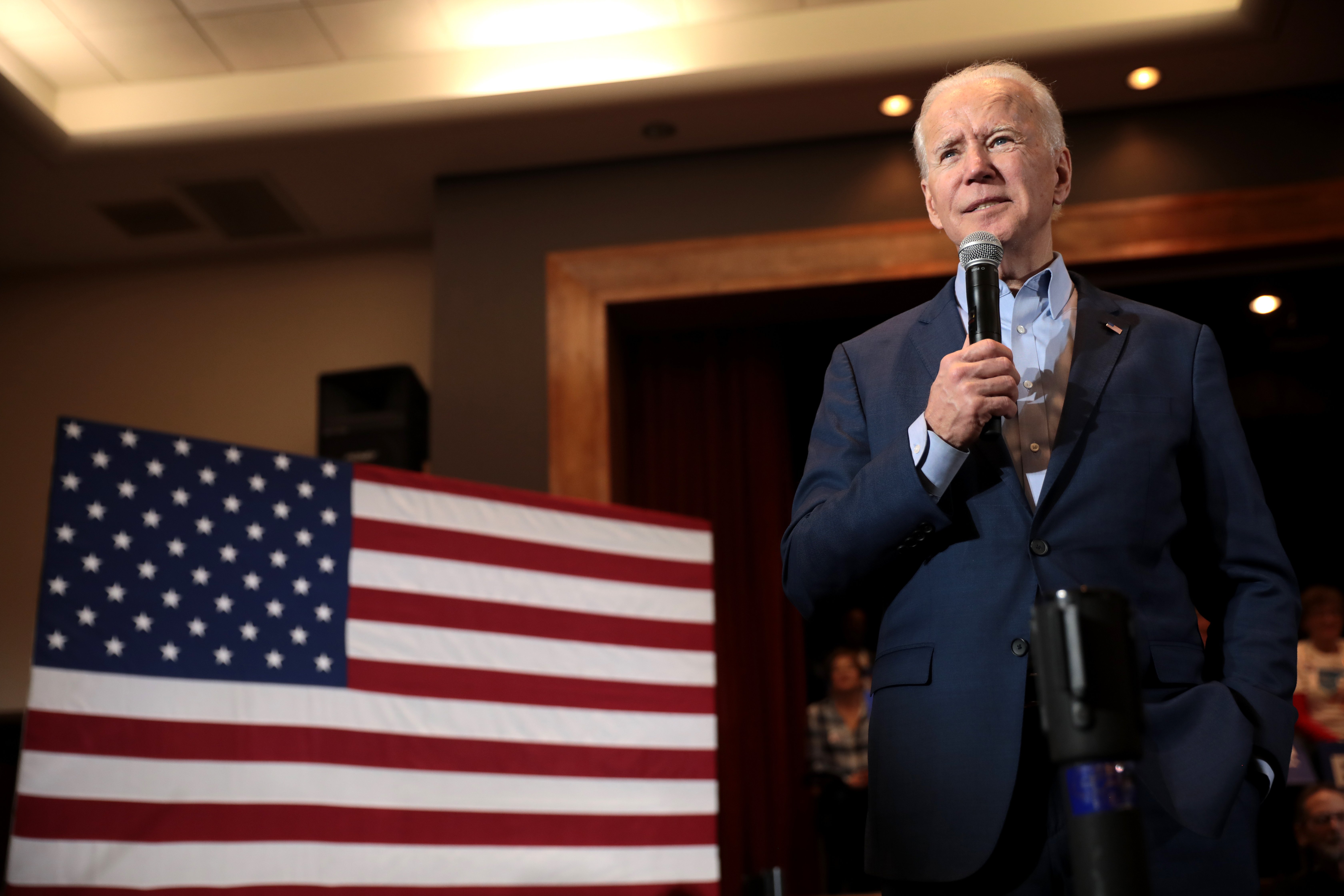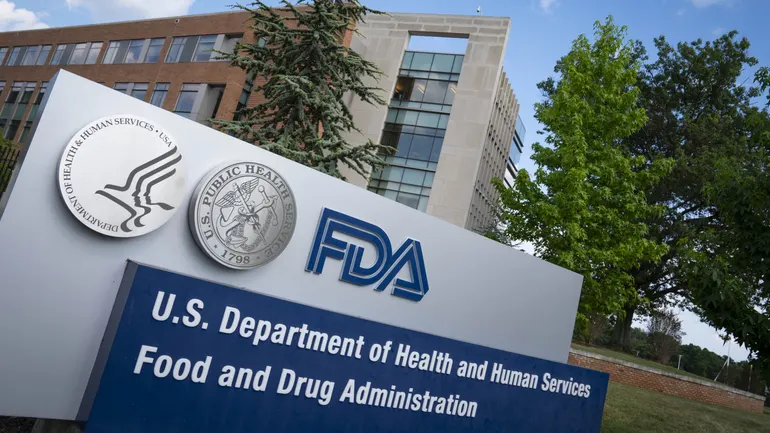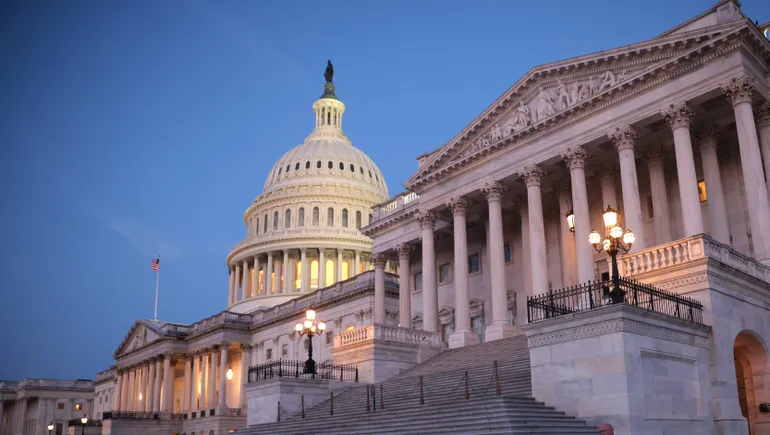Legal Ethics Roundup: ‘Endangered’ (Roberts) / ‘End Of’ (Luttig) Rule Of Law, AI Errors Hit Biglaw, ‘Speak Up For Justice’ & More
Your tour of all things related to lawyer and judicial ethics, with University of Houston law professor Renee Knake Jefferson. The post Legal Ethics Roundup: ‘Endangered’ (Roberts) / ‘End Of’ (Luttig) Rule Of Law, AI Errors Hit Biglaw, ‘Speak Up For Justice’ & More appeared first on Above the Law.
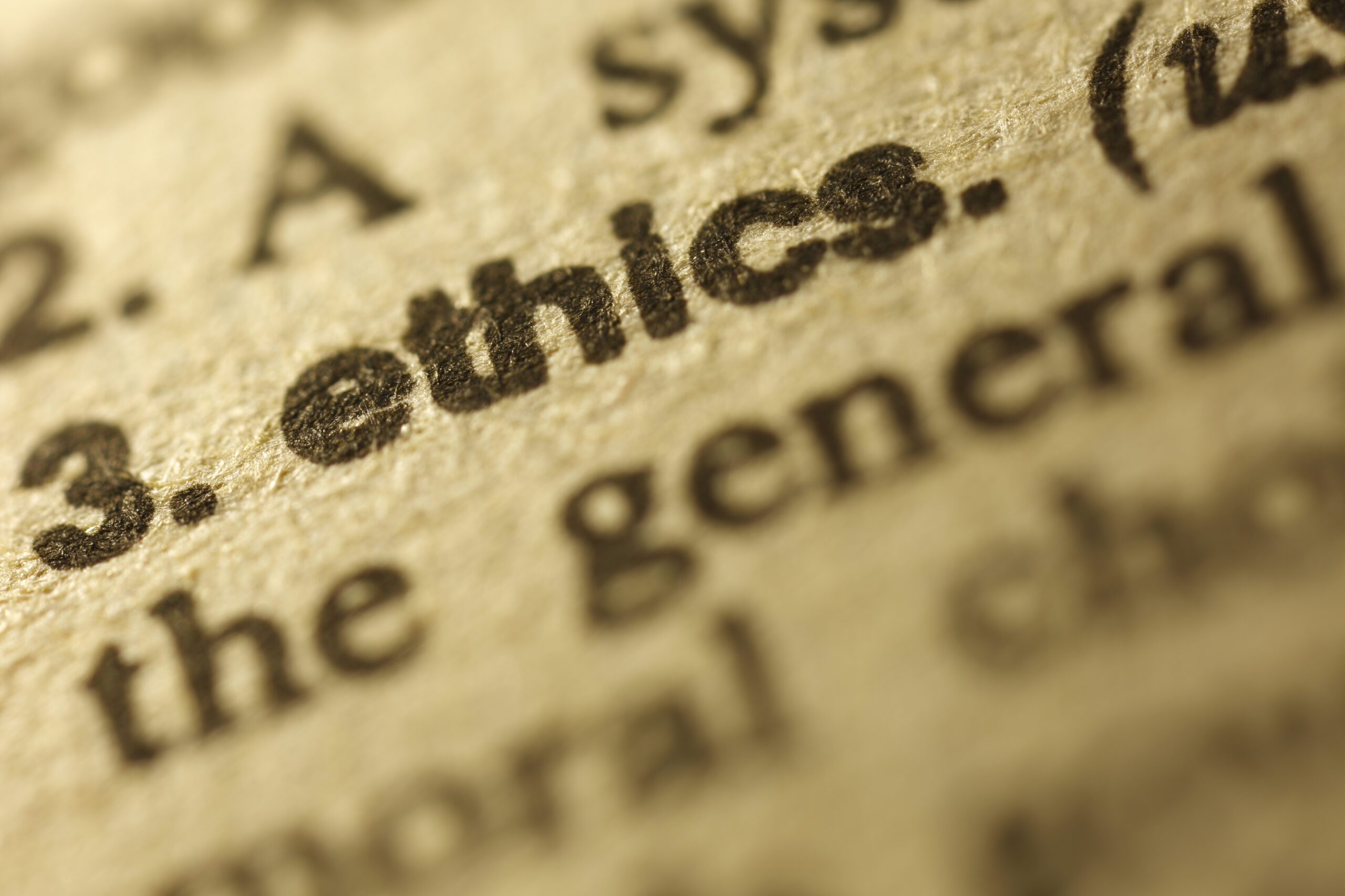
Ed. note: Please welcome Renee Knake Jefferson back to the pages of Above the Law. Subscribe to her Substack, Legal Ethics Roundup, here.
Welcome to what captivates, haunts, inspires, and surprises me every week in the world of legal ethics.
Hello from Washington DC!
I’m in DC this week for the American Law Institute annual meeting. If you’re here too, please say hello. And I’ll be back again next week for the American Bar Association National Conference on Professional Responsibility, which is celebrating its 50th anniversary. Join me on Friday, May 30, for a conversation about discipline complaints based on public information, not personal knowledge with Myles Lynk (Arizona State), Doug Ende (Washington State Bar), and Gary Ratner (Lawyers Defending American Democracy). I’m also pleased to share the recent announcement about my nomination to the ABA’s Council of the Section of Legal Education and Admissions to the Bar, which is the entity responsible for law school accreditation. Now more than ever higher education accreditation is being scrutinized, and I’m honored to serve in this role.
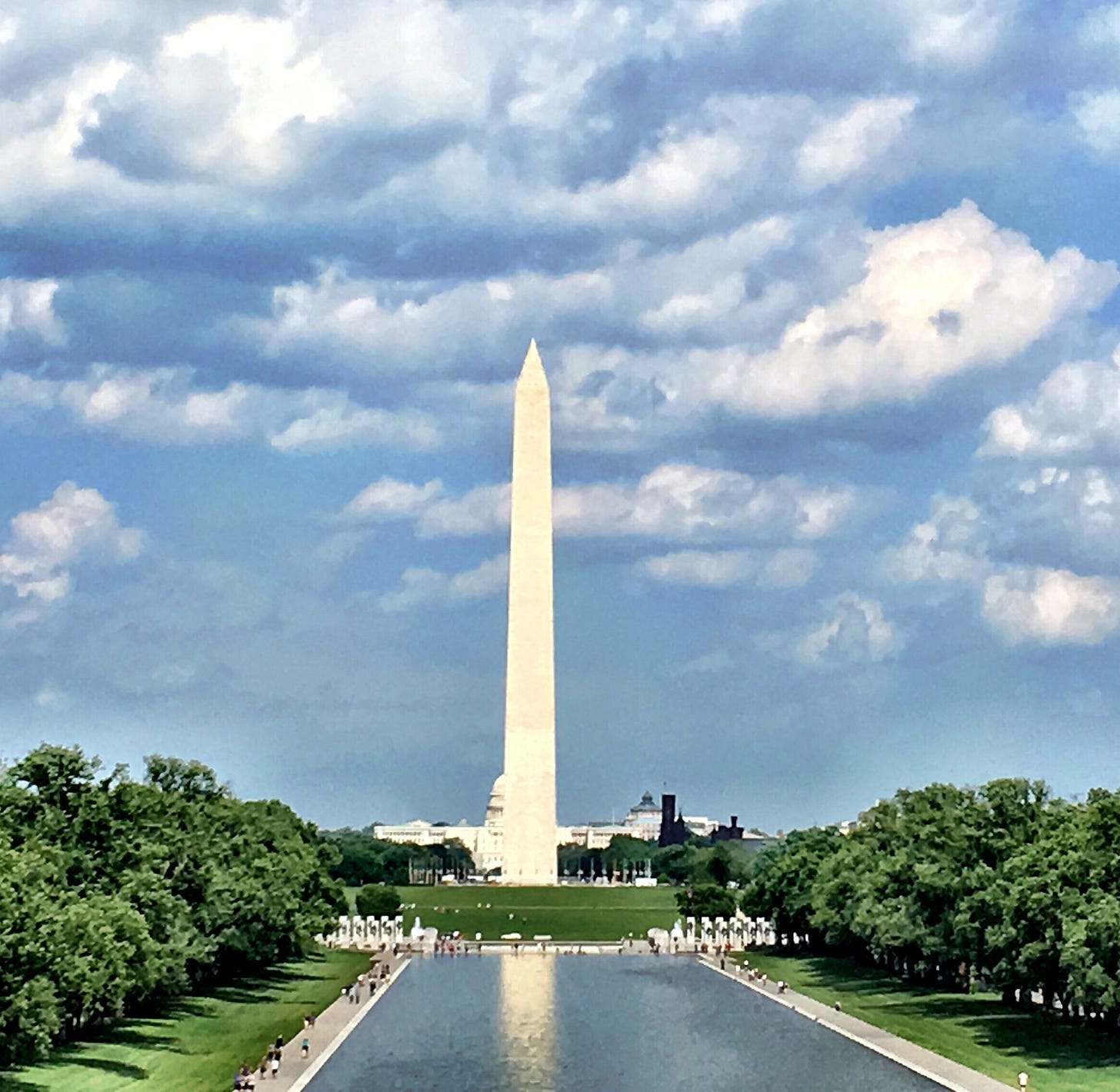
And now for the headlines.
Highlights from Last Week – Top Fifteen Headlines
#1 “Confidentiality is King.” From the newly-launched Substack Standout Summer Associate by Jonah Perlin (Georgetown): “Confidentiality is a keystone duty for all lawyers and has been for more than four centuries … . But the importance of confidentiality for summer associates and summer interns is actually broader and more important than the duty found in Rule 1.6 of the Model Rules of Professional Conduct. … This means don’t talk about your cases with your roommates or your friends and please for the love of god don’t talk about cases on the back of an Amtrak train.” Read more here. [Side note: While Perlin’s target audience is law students, his terrific new Substack has nuggets of legal ethics wisdom we all can use.]
#2 “Ed Martin Publicizes Ethics Probe He Says Was Wrongly Disclosed.” From the Washington Post: “Justice Department official Ed Martin, whose nomination to serve as U.S. attorney in D.C. stalled in the Senate, is under investigation by an ethics office that handles attorney discipline in Washington, he said in an office-wide goodbye email Wednesday. On his last day as interim U.S. attorney before heading to the Justice Department, Martin alerted his office’s roughly 350 attorneys and 400 staff members to the matter while claiming his confidentiality had been violated. Martin alleged that the legal ethics office, called the Office of Disciplinary Counsel, had inappropriately notified a unit of his U.S. attorney’s office of the probe.” Read more here (gift link).
#3 The Ethics of Arresting a Judge Over Her Courtroom Actions. Two headlines for #3. First, from the Washington Post: “Wisconsin Judge Pleads Not Guilty to Obstructing ICE Arrest.” “A Wisconsin judge pleaded not guilty Thursday to charges that she interfered with an immigration arrest. She argued that federal officials have no power to prosecute her. Milwaukee County Judge Hannah Dugan entered her plea two days after a federal grand jury returned an indictment accusing her of obstructing an official proceeding and concealing a person from arrest. An attorney for her issued a statement this week saying Dugan ‘asserts her innocence and looks forward to being vindicated in court.’” Read more here (gift link). Second, from Bloomberg Law: “Indicted Judge’s ICE Obstruction Case Gets High Court Critic.” “A landmark prosecution seeking federal criminal obstruction charges against a Milwaukee County judge must go through the courtroom of a jurist who was disciplined for openly criticizing a rightward swing on the US Supreme Court. Milwaukee County Judge Hannah Dugan’s case was randomly assigned to 85-year-old Lynn Adelman, a US District Court for the Eastern District of Wisconsin judge and former state senator nominated by Bill Clinton in 1997. … In 2020 Adelman penned an article entitled “The Roberts Court’s Assault on Democracy” for Harvard Law & Policy Review … . Adelman was publicly admonished for that article, and apologized ‘for any language that I used that could be construed as questioning the integrity of the Chief Justice or any other member of the Court or as expressing a bias against the Republican Party.’” Read more here.
#4 “The End of Rule of Law in America.” A (lengthy) op-ed from Judge J. Michael Luttig in The Atlantic: “For the almost 250 years since the founding of this nation, America has been the beacon of freedom to the world because of its democracy and rule of law. Our system of checks and balances has been strained before, but democracy—government by the people—and the rule of law have always won the day. Until now, that is. America will never again be that same beacon to the world, because the president of the United States has subverted America’s democracy and corrupted its rule of law. … It is now entirely foreseeable that arrests of judges will occur in the federal courts across the country as well. … Amid the ocean of unconstitutional orders, Donald Trump’s executive orders targeting some of the most prestigious law firms in the country because these firms represented or employed Trump’s personal enemies in the past are the most sinister and corrupt, which is saying something. Some of the firms—Paul Weiss; Latham & Watkins; Skadden, Arps, Slate, Meagher & Flom; Kirkland & Ellis; and Simpson Thacher & Bartlett—cut ‘deals’ to avoid the president’s persecution. In doing so, they shamefully sold out their own lawyers, clients, and the entire legal profession, including the handful of courageous law firms—such as WilmerHale, Perkins Coie, Jenner & Block, and Susman Godfrey—that rightly and righteously decided to fight the president instead. It is the sworn duty of all American lawyers to denounce the president’s lawlessness, not to ingratiate themselves to him. [The orders] are manifestly unconstitutional, and every single federal court to consider them has immediately stayed their implementation over the defiant, contemptuous arguments made by Department of Justice lawyers.” Read more here (gift link).
#5 “Rule of Law is ‘Endangered,’ Chief Justice Says.” From Politico: “Chief Justice John Roberts described the rule of law as ‘endangered’ and warned against ‘trashing the justices,’ but speaking in Washington Monday he didn’t point fingers directly at President Donald Trump or his allies for publicly excoriating judges who’ve ruled against aspects of Trump’s agenda. ‘The notion that rule of law governs is the basic proposition,’ Roberts said during an appearance at Georgetown Law. ‘Certainly as a matter of theory, but also as a matter of practice, we need to stop and reflect every now and then how rare that is, certainly rare throughout history, and rare in the world today.’” Read more here.
#6 “There’s a Darker Reason Trump Is Going After Those Law Firms.” An op-ed from Scott Cummings (UCLA) in the New York Times: “Every year, The American Lawyer publishes a scorecard ranking big law firms by the amount of pro bono service they provide. In 2024 the top firms on the list were Jenner & Block, Covington & Burling and WilmerHale, whose lawyers collectively donated over 400,000 hours to cases advancing the rights of L.G.B.T.Q. people, helping immigrants gain asylum and fighting voter disenfranchisement, among other causes. These firms now top a different list: law firms targeted by the Trump administration’s executive orders. This is no accident. These orders use the pretense of punishing Mr. Trump’s perceived enemies to pursue the far more comprehensive goal of controlling pro bono work, the lifeblood of legal aid and public-interest law organizations, which depend on pro bono support to promote access to justice and defend the values of liberal democracy. This targeting replaces the ideal of pro bono publico, literally ‘for the public good,’ with pro bono Trump. I’ve studied pro bono work around the world, and the American model — in which prominent firms devote enormous amounts of lawyer time, which would otherwise be billed at rates surpassing $1,000 per hour, to litigate cases against the government — is unique. It’s also powerful. That model is behind some of the most consequential Supreme Court cases of the past quarter-century.” Read more here (gift link).
#7 “How This Conservative Lawyer Became One of Trump’s Toughest Foes in Court.” From the Wall Street Journal: “Clients in need of a star lawyer to battle the Trump administration are eagerly turning to one of the nation’s top Republican advocates: Paul Clement, who has secured landmark conservative victories for more than two decades. Clement, who served as U.S. solicitor general for President George W. Bush, last week signed on to the legal team representing Hannah Dugan, the Wisconsin state judge the Trump administration is prosecuting for allegedly helping a Mexican immigrant avoid a courthouse arrest by U.S. immigration agents. He recently sued the administration on behalf of WilmerHale, challenging a Trump executive order that penalized the law firm for taking on causes the president opposes, as well as for its longtime ties to Robert Mueller, the former special counsel and Federal Bureau of Investigation director. A Republican-appointed judge has issued a restraining order against the White House. At a hearing last month, Clement argued that Trump had leveled a lethal threat to the independence of the legal profession. ‘If I have to stand up here and argue in front of the Court today with one eye on how this is going to be perceived by the executive branch and how that’s going to influence the interest of my other clients, well, I might as well go sit down,’ Clement said. ‘That’s not how you can practice law.’” Read more here (gift link).
#8 The Ethics of Identifying Judges by their Presidential Appointment. An op-ed from Linda Greenhouse in the New York Times: “Back when I was a reporter covering the Supreme Court in the early 2000s, journalists in the nation’s capital had begun routinely to identify judges by the presidents who appointed them. I argued vigorously against this approach. The practice was reductive and corrosive, I would say. It implied to readers that a given judge was doing politics rather than law — a serious accusation and in most cases an unfair one. To the extent that journalism plays a role in civics education, as I believe it does, it seemed to me that portraying the legal system in such a misleading way amounted to journalistic malpractice. Was I naïve back then? I don’t think so.” Read more here (gift link).
#9 “A Moral, Ethical, Legal, Constitutional Travesty” — A Debate on the Ethics of Nationwide Injunctions. From Politico: “To hash out this debate, we’ve convened two experts — both liberals, and both ardent opponents of Trump’s political program — who sharply disagree about nationwide injunctions. Amanda Frost, a law professor at the University of Virginia, has written extensively in defense of nationwide injunctions and views them as both legally sound and politically essential in our current political moment. … Nicholas Bagley, a law professor at the University of Michigan, shares the disdain for the birthright citizenship order, but he has written and spoken for years against the practice of issuing nationwide injunctions; he views them as a constitutionally suspect remedy that has further politicized the judiciary, and he is sticking to his principles.” Read more here.
#10 AI Errors Hit Big Law. Two headlines for #10. First, from The Register: “Anthropic’s Law Firm Throws Claude Under the Bus Over Citation Errors in Court Filing.” “An attorney defending AI firm Anthropic in a copyright case brought by music publishers apologized to the court on Thursday for citation errors that slipped into a filing after using the biz’s own AI tool, Claude, to format references. … The flawed citations, or ‘hallucinations,’ appeared in an April 30, 2025 declaration from Anthropic data scientist Olivia Chen in a copyright lawsuit music publishers filed in October 2023. But Chen was not responsible for introducing the errors, which appeared in footnotes 2 and 3. Ivana Dukanovic, an attorney with Latham & Watkins, the firm defending Anthropic, stated that after a colleague located a supporting source for Chen’s testimony via Google search, she used Anthropic’s Claude model to generate a formatted legal citation. Chen and defense lawyers failed to catch the errors in subsequent proofreading.” Read more here. Second, from The Volokh Conspiracy: “AI Hallucination in Filings Involving 14th-Largest U.S. Law Firm Lead to $31K in Sanctions.” “The judge finds ‘a collective debacle’—possibly caused, I think, by two firms working together and the communications problems this can cause—though ‘conclude[s] that additional financial or disciplinary sanctions against the individual attorneys are not warranted.’” Read more here.
#11 “Lawyer With Huge Social Media Following is Accused of Performing ‘No Legal Work of Value’ for Several Clients.” From the ABA Journal: “A California lawyer with more than 60,000 Instagram followers is accused in an ethics complaint of taking fees from several clients while producing ‘no legal work of value’ in return.” Read more here.
#12 “Is Garfield the ‘1st AI-Driven Law Firm’ A Big Deal?” From Artificial Lawyer: “Is Garfield, which can guide you through a small claims process using a genAI-based workflow and has lawyers in the loop, a big deal? Yes and no. The UK’s Solicitors Regulation Authority (SRA) has said it has ‘authorised the first law firm providing legal services through AI’. But, many law firms use AI to develop their work product, sign it off with human lawyer oversight, and then send it to the client. So, that aspect is not really new.” Read more here.
#13 “AI Ain’t Atticus: Why Machine Learning Can’t Master Legal Reasoning (Yet).” From JD Supra: “An increasing number of litigators are relying on artificial intelligence to streamline their workflows and generate legal products, from research and memos to predictive insights. While the efficiency and capabilities of these tools are advancing rapidly, as a seasoned litigator in both federal and state courts in various arbitration fora such as AAA and FINRA, I would strongly caution practitioners—and the clients who hire them—to use AI as a supplement, not a substitute, for sound legal judgment.” Read more here.
#14 “Letting Private Equity Buy Law Firms May Stifle Service, Mobility.” An op-ed from Rachel Wasserman in Bloomberg Law: “Private equity firms are quietly buying up and consolidating dental, accounting, medical, and veterinary practices, turning smaller independent firms into corporate chains. These firms offer professionals handsome payouts in exchange for ownership of their practice. Law firms are the final frontier for these consolidators. Recent developments in Arizona may finally give private equity the door into the legal industry that it’s been waiting for. If we allow for private equity ownership of law firms, it isn’t unreasonable to expect a similar result as we are seeing in other professions—lower quality of service and work for clients and lower job satisfaction for lawyers.” Read more here.
#15 “As Threats Against the Legal System Mount, New Generation of Lawyers Mobilizes.” From the PR Newswire: “In an era when federal judges are receiving death threats, major law firms are being targeted for representing controversial clients, and public officials are openly calling to impeach judges whose rulings they disagree with and defund the courts, a growing coalition of lawyers and legal scholars is rising up to defend the rule of law. And it’s being led by the next generation. On Thursday, May 29, the Speak Up for Justice movement will host its second national forum, bringing together prominent voices from the bench, bar, and beyond to address the urgent threats facing the U.S. legal system. The forum follows the success of the inaugural April 15 event, which drew thousands of participants nationwide and featured powerful testimony from top legal minds, including Dean Erwin Chemerinski, Judge Esther Salas, and 9/11 Fund Special Master Ken Feinberg. This next event will hone in on judicial independence and lawyer autonomy — cornerstones of the American legal system that are increasingly under attack. Featured panelists include: Ashley Akers, Past President, Young Lawyers Federal Bar Association; Rachel Cohen, a Harvard Law graduate and former Big Law associate who made national headlines after resigning in protest of her firm’s deal with the Trump administration; Jeff Jackson, Attorney General of North Carolina; Judge Margaret McKeown, U.S. Court of Appeals for the Ninth Circuit, nationally recognized expert on judicial ethics; and Will Rollins, Former Assistant U.S. Attorney.” Event details and registration here.
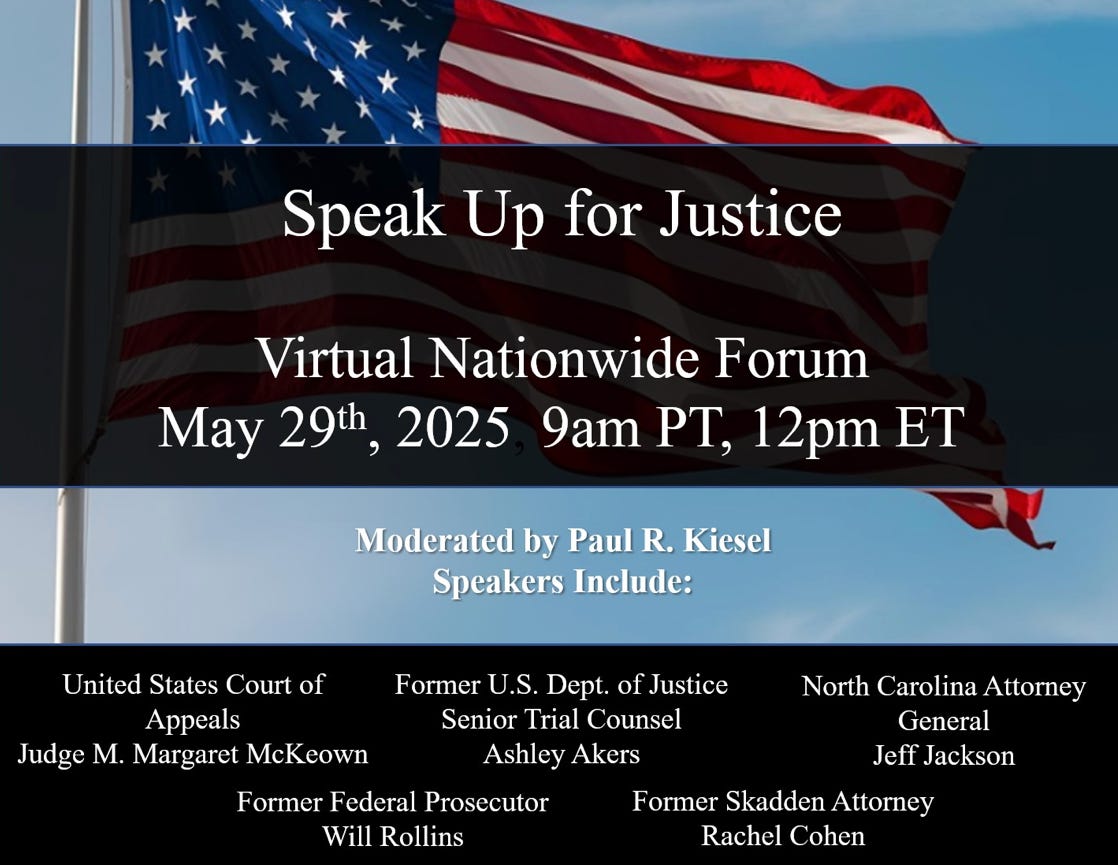
Where’s the Rest of the Roundup?
Revisit the “Welcome Back Edition” for an explanation of the new format. And keep an eye out for next month’s “First Monday Edition” with reading recommendations, analysis, reforms watch, jobs, events, and much more.
Get Hired
Did you miss the 100+ job postings from previous weeks? Find them all here.
Upcoming Ethics Events & Other Announcements
Did you miss an announcement from previous weeks? Find them all here.
Keep in Touch
- News tips? Announcements? Events? A job to post? Reading recommendations? Email legalethics@substack.com – but be sure to subscribe first, otherwise the email won’t be delivered.
- Teaching Professional Responsibility or Legal Ethics? Check out the companion page for my casebook Professional Responsibility: A Contemporary Approach for teaching resources.
Renee Knake Jefferson holds the endowed Doherty Chair in Legal Ethics and is a Professor of Law at the University of Houston. Check out more of her writing at the Legal Ethics Roundup. Find her on X (formerly Twitter) at @reneeknake or Bluesky at legalethics.bsky.social.
The post Legal Ethics Roundup: ‘Endangered’ (Roberts) / ‘End Of’ (Luttig) Rule Of Law, AI Errors Hit Biglaw, ‘Speak Up For Justice’ & More appeared first on Above the Law.




































































